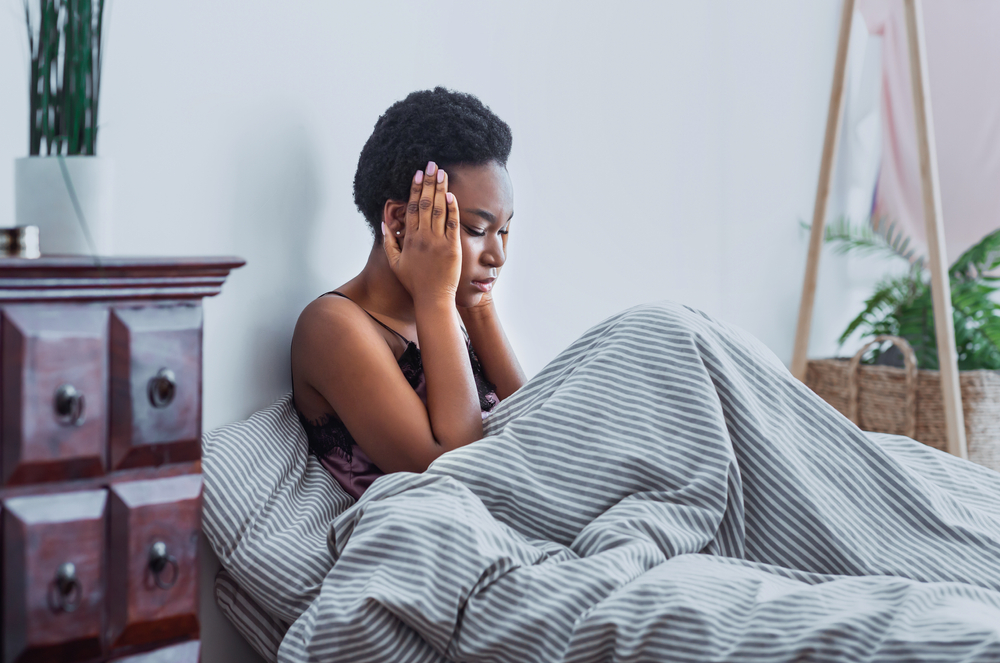The frustration of lying awake at night, watching hours tick by, has become an increasingly common experience. Whether struggling to fall asleep, stay asleep, or waking too early, insomnia’s effects extend far beyond tired mornings. This sleep disorder impacts both physical and mental well-being, but experts say several practical strategies can help restore healthy sleep patterns.
Creating the foundation for better sleep
A consistent sleep schedule forms the cornerstone of good sleep hygiene. Going to bed and waking at the same time daily helps regulate the body’s internal clock. While weekend sleep-ins might seem tempting, maintaining regular sleep times proves more beneficial in the long run. Small, gradual adjustments to bedtime, made in 15-minute increments, allow for easier adaptation to a new schedule.
The hour before bed plays a crucial role in sleep quality. A calming bedtime routine signals the transition to rest, making sleep come more naturally. Reading, journaling, or listening to peaceful music can create this transition, while work-related activities or intense entertainment should be avoided during this wind-down period.
Optimizing your sleep environment
The bedroom environment significantly influences sleep quality. A room that’s cool, quiet, and dark provides ideal sleeping conditions. Temperature control particularly matters, with experts suggesting a range between 60 and 67 degrees Fahrenheit for optimal rest.
Beyond temperature, the right combination of darkness and quiet proves essential. Blackout curtains effectively block disruptive light, while white noise machines can mask unwanted sounds. The sleeping surface itself deserves careful consideration – mattresses and pillows should provide proper support for individual sleeping positions.
Managing daily habits
Diet and timing of meals influence sleep quality substantially. Heavy meals, caffeine, and alcohol near bedtime can disrupt sleep patterns. While alcohol might initially induce drowsiness, it often leads to disrupted sleep later in the night. Instead, light snacks containing sleep-promoting nutrients can help if hunger strikes before bed.
Physical activity during the day promotes better sleep at night. Regular exercise helps tire the body naturally and reduces stress levels that might otherwise interfere with rest. However, timing matters – morning or early afternoon workouts typically prove most beneficial for nighttime sleep.
Addressing electronic interference
Modern technology poses unique challenges to healthy sleep patterns. Electronic devices emit light that can interfere with natural sleep hormones, making it harder to fall asleep. Establishing a “digital curfew” an hour before bedtime allows the body’s natural sleep mechanisms to function properly.
For those who must use devices in the evening, enabling night mode features or wearing blue light-blocking glasses can help minimize negative effects. Traditional alternatives like books or gentle stretching provide better options for evening activities.
Managing stress and anxiety
Mental activity often causes sleep difficulties, with stress and anxiety keeping minds active when rest should come. Simple relaxation techniques can help quiet racing thoughts. Deep breathing exercises, progressive muscle relaxation, or brief meditation sessions often prove effective in preparing both mind and body for sleep.
Journaling before bed helps clear the mind of lingering concerns. Writing down tomorrow’s tasks or current worries transfers them from mental space to paper, potentially reducing their power to interfere with sleep.
Recognizing when to seek help for insomnia
While lifestyle changes often improve sleep, persistent insomnia may require professional intervention. Several medical conditions can contribute to sleep difficulties, including sleep apnea and anxiety disorders. Healthcare providers can evaluate these possibilities and recommend appropriate treatments, from behavioral therapy to medication when necessary.
Sleep’s impact on health extends beyond simple rest. Chronic sleep deprivation affects everything from immune function to emotional well-being. Poor sleep increases risks for various health conditions, including cardiovascular problems and metabolic disorders.
Understanding insomnia’s broader health implications emphasizes the importance of addressing sleep problems promptly. While the path to better sleep requires patience and consistent effort, the benefits of restorative rest make the journey worthwhile. Starting with small changes and gradually incorporating additional strategies allows for sustainable improvement in sleep quality.
This story was created using AI technology.












